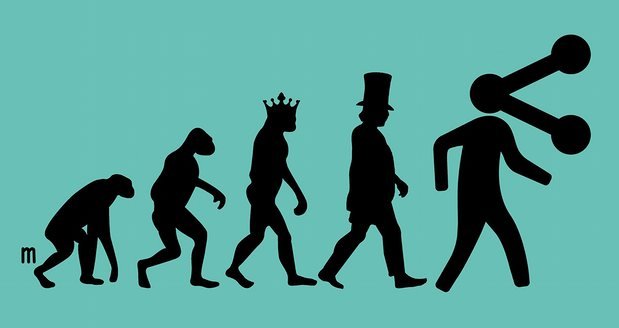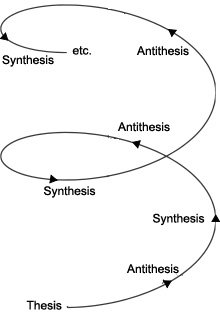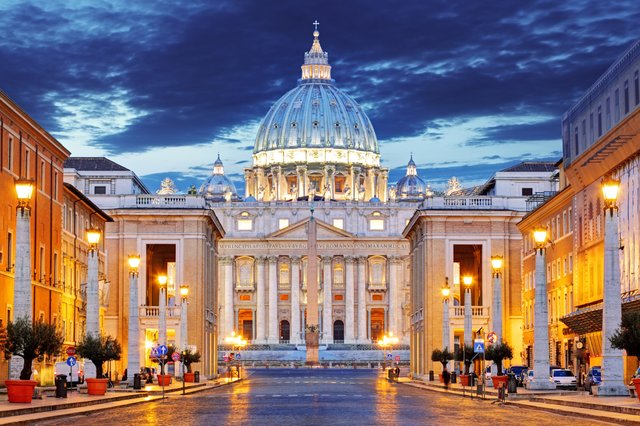
Throughout our history up until now, our human systems always had one fundamental flaw--favoritism. Those who controlled the game: the public and private bureaucrats perpetually sought to reconstitute reality in their own image. Reimagining reality led to the transferring of one ruler to another. Bringing catastrophic deaths, famine, destruction, and arguments about proprietorship. I argue, in this post-human system, in conjunction with open source technology, that rulership will disintegrate. Eliminating the "middle men" or the bureaucrats from the equation, rendering the system ownerless. The blockchain is highly practical, and it will be the source for total freedom.
The private sector operates under "free market" fundamentalism, where a non-interventionist stance shapes the contractual outcome of parties. Laissez faire capitalism. Where they let the market dictate itself. They set their prices relative to the State's lending will.
Private bureaucrats are quick to name out: realtors, bankers, managers, clerks, lawyers, accountants, scientist, engineers, etc. They have ingrained our social memory because we closely interact with them. Their purpose is to exchange goods among interested parties. We assume their ultimate function is egotistical in nature.
Whereas public sector operates under "welfare market" Keynesianism, where State arbitration dictates all welfare value(s). They are also quick to name out, politicians, public doctors, social workers, officers, lawyers, judges, mail deliverers, scientist, firefighters, nurses, etc. They too have ingrained our social memory, because we closely interact with them. Their services are to deliver public goods. We assume their ultimate function is socialization in nature.

The dialectics are in the merging of these two ideas: socialization and the free market. Rhetorically, they present contrasting ideas; but practically, they are complementary in nature. What fuses them together? The State. For the State is the very machine that can create, destroy, and ultimately enforce the rules.
The paradigm shift, however, lies not in what the State can coerce, but rather what can the State adjudicate. But first, to abolish State coercion, the elimination of preferential bureaucrats needs to happen. Ultimately, they are the master puppeteers in the public and private systems. If left to their vices, they will surely use their power for evil.
The State, outside its abstraction, would perform like blockchain. Decentralized. The blockchain governance will act only as an arbitrator. Smart contracts will engage people into the system. Whether it be for private goods or public goods, the blockchain can only perform what the market dictates. Achieving the greatest good.

The fusing of free market and socialization is seen in the way the Vatican operates. (Side note: They don't pay taxes!) Which you can read here In reality taxes is revaluated, so instead of "taxes" per say it is museum fees, tourist fees, essentially market fees etc. The difference between the Vatican and this theoretical State: is that one has an outdated centralized monarchy and the other is a modern decentralized open source ecosystem.

Ultimately, the State can no longer run by the pathos of bureaucrats; rather it needs to function by the logos of blockchain.